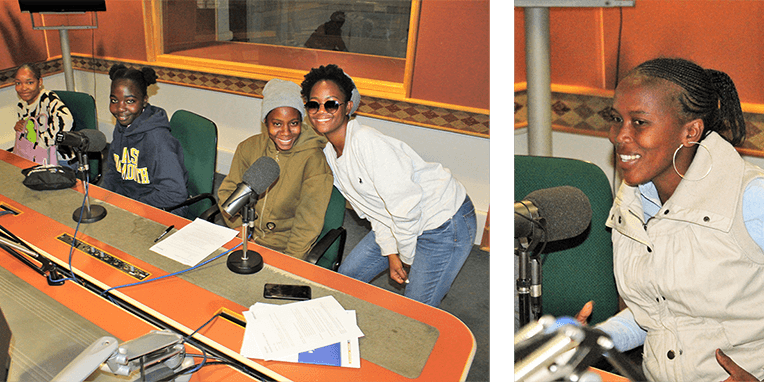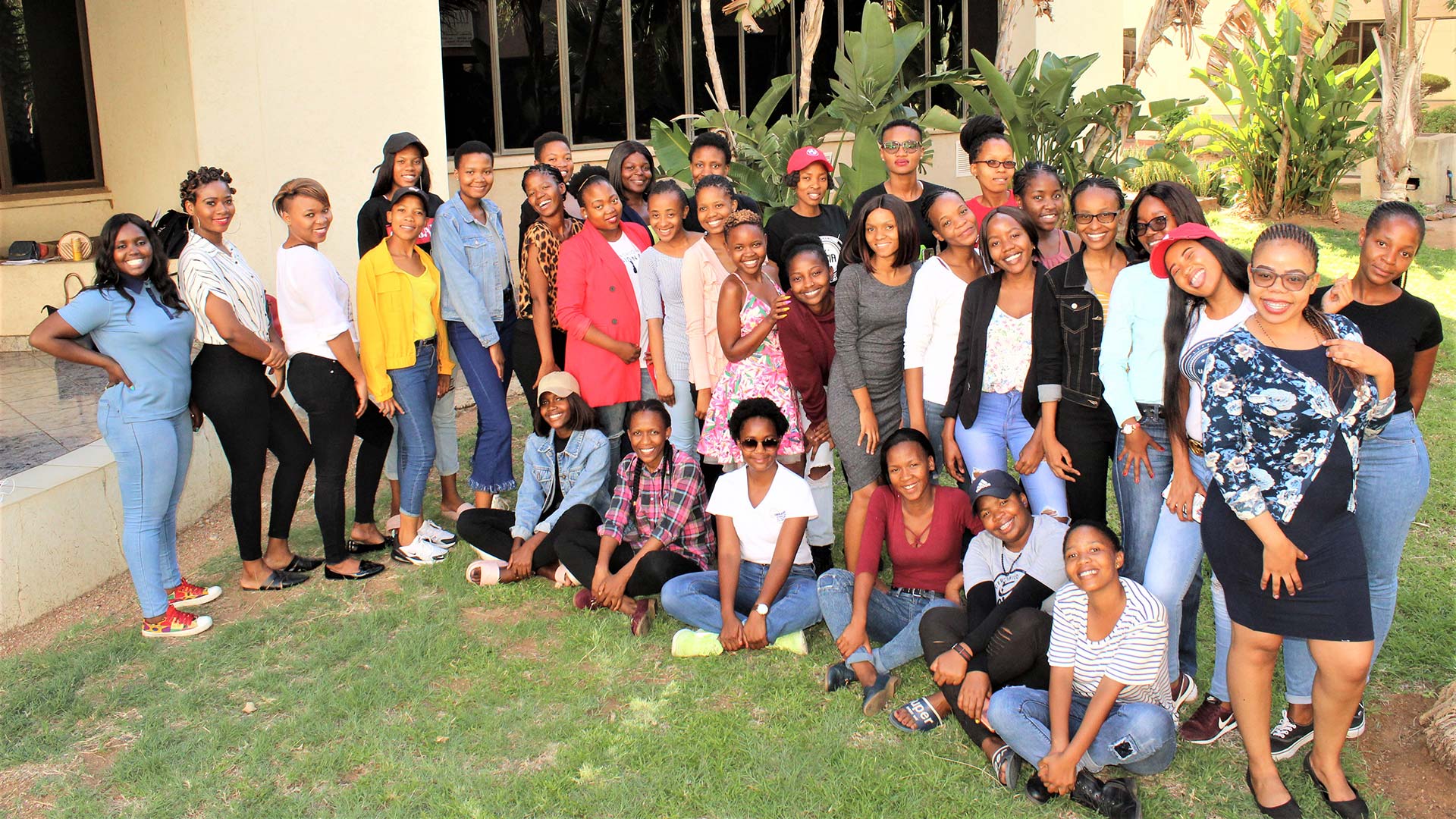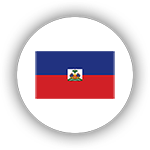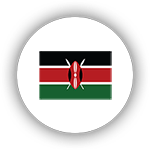On Air with Dreams Botswana
Story/photos by Daniel Watts
"Welcome to The Catch, a radio program for adolescent girls and young women," enthuses host Botlhale Sebataladi, who also serves as a program officer at PCI/Botswana.
Her energy is contagious as she introduces her guests, including several young mentors and girls involved with DREAMS, a global initiative of the U.S. President's Emergency Plan for AIDS Relief (PEPFAR). The goal of DREAMS is to help participants become Determined, Resilient, Empowered, AIDS-free, Mentored and Safe.
At 10:45 a.m. each Saturday, Sebataladi and the DREAMS team get a 15-minute time slot on Radio Botswana 2 to discuss healthy relationships, safe sex, HIV/AIDS prevention and other topics of interest. Sebataladi guides the conversation but allows ample time for guests to connect with listeners.
On this particular show, the subject is "Older Partners - What are the Risks?" Known locally as 'blessers,' these men prey on young girls by gifting them cell phones, new clothes and money in return for sexual favors. The practice is widespread in Botswana and contributes to the spread of HIV/AIDS, unwanted pregnancies and school dropouts.
According to UNAIDS, seven in 10 young women in sub-Saharan Africa do not have comprehensive knowledge about HIV. Moreover, of every five new HIV infections among young people (15-19 years), three are among girls.

Speaking on The Catch, a DREAMS mentor shares her cautionary 'blesser' story with listeners. She acknowledges how she enjoyed the older man's attention and gifts, including money that helped her family.
"But it comes at a cost," she warns. "You don't have a say in using protection when having sex, and that leaves you at risk for HIV or other sexually transmitted diseases, or pregnancy." She also admits to being abused by her 'blesser.'
"We want our DREAMS girls to think about what they want in life and how they can attain this through hard work and without relying on older men who enjoy a significant power differential in a relationship," explained Sebataladi, who chooses the show's themes each month with DREAMS implementing partners. Previous guests have included financial advisors, young entrepreneurs and local health care providers alongside DREAMS mentors and participants.

Looking ahead to next year, Sebataladi said The Catch plans to expand its reach to caregivers and other community members, building off the success of an evidence-based parenting intervention called the Families Matters Program (FMP). FMP is designed to promote positive parenting and reduce sexual risk among children, including risk for child sexual abuse and gender-based violence.
"In the field, our partners are improving parent-child communications with [Family Matters], so it makes sense to reinforce these messages with The Catch," Sebataladi said. "A successful DREAMS girl needs to have the family and community in her corner, and we'll promote that partnership."
The team also wants to livestream some radio shows on social media, enabling listeners to ask real-time questions and to post comments both during and after a broadcast.
"Instead of just 15 minutes of the show, we'll have a topic running for five days on social media," said Trish Seboni, another host of The Catch and program assistant for economic strengthening at PCI/Botswana.
As programming on The Catch evolves, the origin of its name becomes even more clear. It sprung from a brainstorming session when Sebataladi remarked: "Aren't we tired of chasing our dreams? It's time we caught up with them!"
In Botswana, that time is now.












